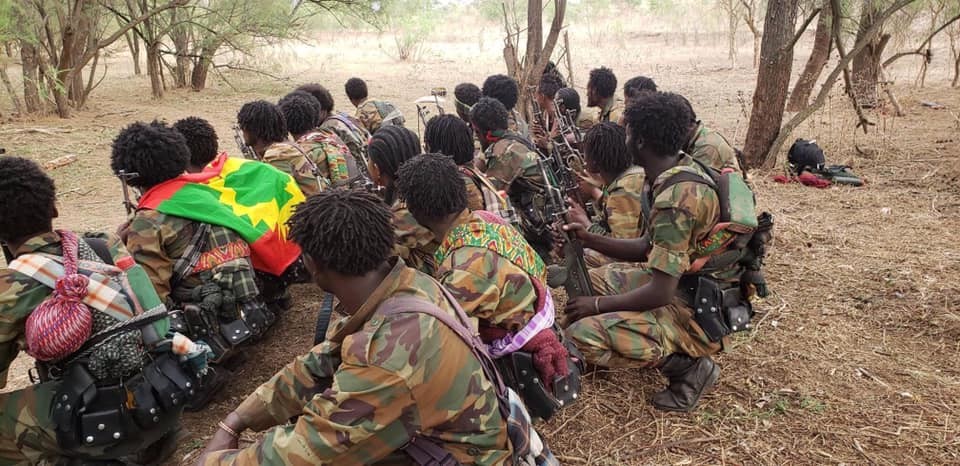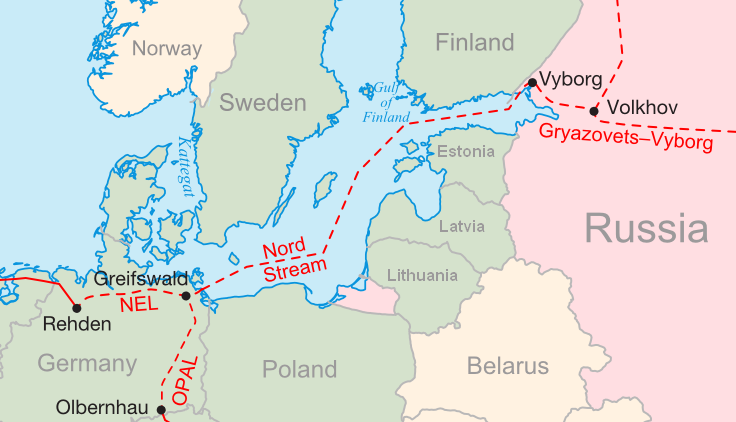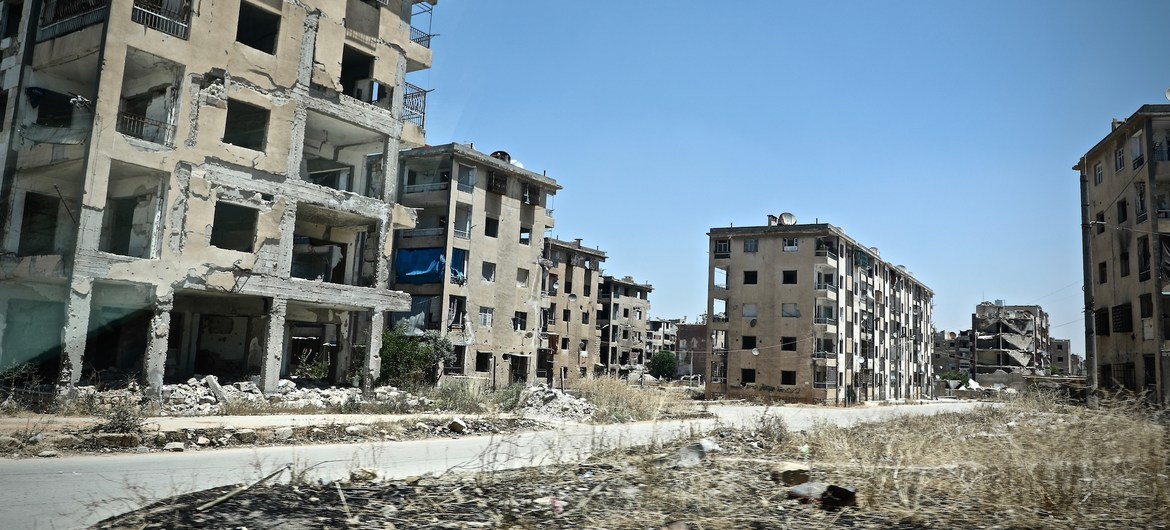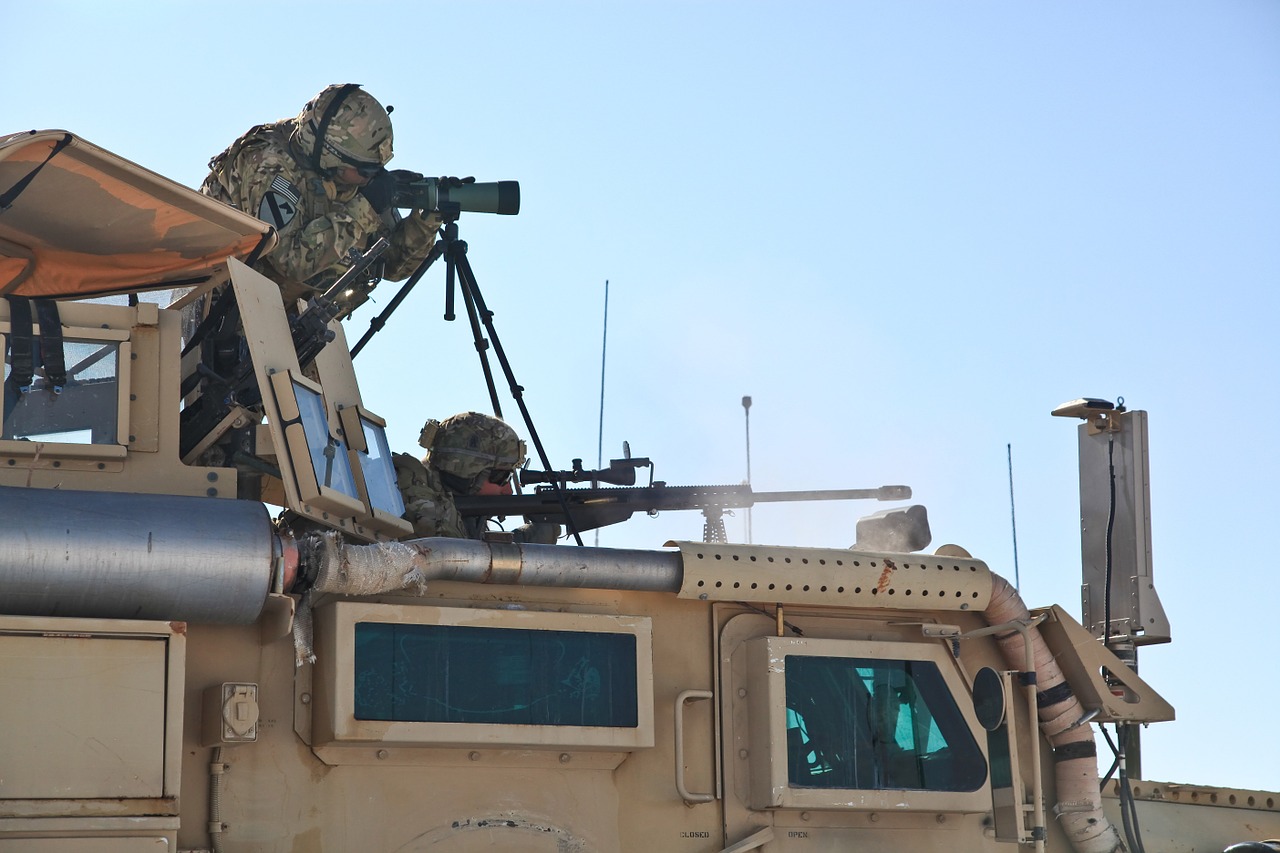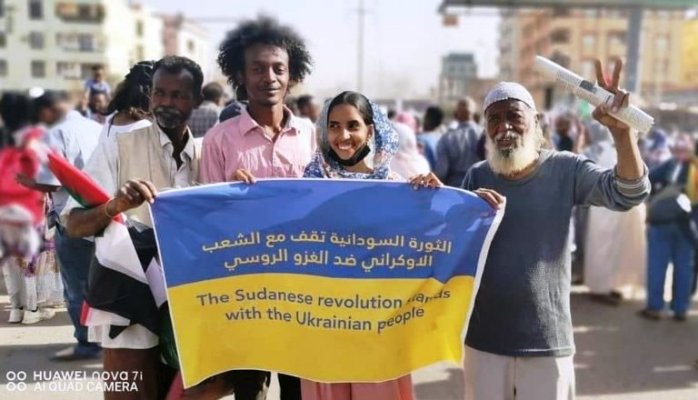
Ukrainian special ops against RSF in Sudan: report
Ukrainian special forces were likely behind a series of drone strikes and a ground operation directed against the paramilitary Rapid Support Forces (RSF) near Sudan’s capital Khartoum, a CNN investigation has found. An unnamed military source in Kyiv told CNN: “Ukrainian special services were likely responsible.” The RSF, which took up arms against the ruling junta in an evident effort to derail Sudan’s planned democratic transition in April, is believed to be backed by Russia’s mercenary Wagner Group. (Photo: Sudan Tribune)



